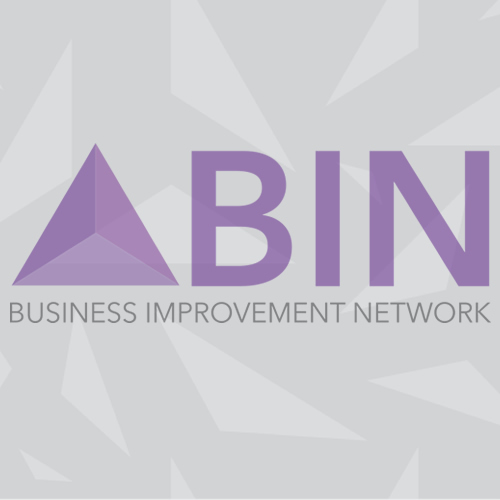What is action learning?
By PJ Stevens

Action Learning is a notable Business Improvement process which can best described as a very effective approach to solving real life business problems with the additional value of the development of people in organisations. It involves quality conversations (or coaching), taking action and reflection. This process helps improve the effectiveness of problem solving as well as offering a more focussed simple solution developed by the team.
Action Learning is a useful tool in any company’s armoury that wants to improve business and develop a coaching culture, people and learning with a focussed approach to problem solving and innovation. By default, Action Learning taps into the wealth of knowledge and creativity that exists in business, most often untapped, making it exceptional value.
The theory of action learning was pioneered by Reg Revans, whilst at the National coal Board in the 1950s, when management style was much dictatorial. He was revolutionary in his approach that was based on the premise that the expertise and therefore the problem solving capability was with those closest to the problem. Reg wanted to empower teams to solve real issues at the local level, thus saving time and money and in effect, driving up ownership and performance.
Revans (1980) was excited by the power of good quality questions, and the part they play in both problem solving and learning, and the question element, as laid out in his equation Learning Equals Programming pls Questioning is clear to see. Later this equation added Reflection ( L=P+Q+R)
According to Mike Pedler (1991) ‘’Action Learning implies both self-development and organisation development” which in my experience combines to give participants and the project or business an accelerated change and increased value.
The action learning process includes:
- a real problem that is important, critical, and usually complex,
- a diverse problem-solving team or ‘set’
- a process that promotes curiosity, inquiry, and reflection,
- a requirement that talk be converted into action and, ultimately, a solution, and
- a commitment to learning.
Benefits from Action Learning Sets, as identified by participants, include:
- learning a more disciplined way of working, networking and relating to, and communicating with others more effectively
- increased self-confidence, awareness and readiness to take responsibility and initiative
There are very many benefits to Business and more specifically Business Improvement, by adopting Action Learning, these range from increased ownership, engagement and self-belief in participants, and performance improvement, cost savings and knowledge transfer at the team and organisational level.
In a recent piece of work, we included Action Learning in the business improvement action plan for a client – focussing on improving leadership and more specifically productivity. Over the 12 months to date, they have seen the following improvements:
- On time delivery, both internally and externally, which has led to improved customer satisfaction
- An increase in problem solving at the local level, saving time and improving the culture
- An added value has been identified through the networking and knowledge share across the team members from new graduates to 40-year ‘veterans’
Action Learning could be used as a one-off to problem solve quickly and powerfully on a given matter. Though this is not in keeping with the original ‘process’, it has proven valuable at a number of conferences and workshops I have run for clients.
There is much written about Action Learning, but something that articles agree on: it helps people learn and take action. Simple.
About the author
PJ Stevens is an expert in organisational change, performance and improvement, with 20 years experience. He is chair of the business improvement network.
Enjoyed reading these articles?
Have you got something you can share with the Network. Why not submit an article